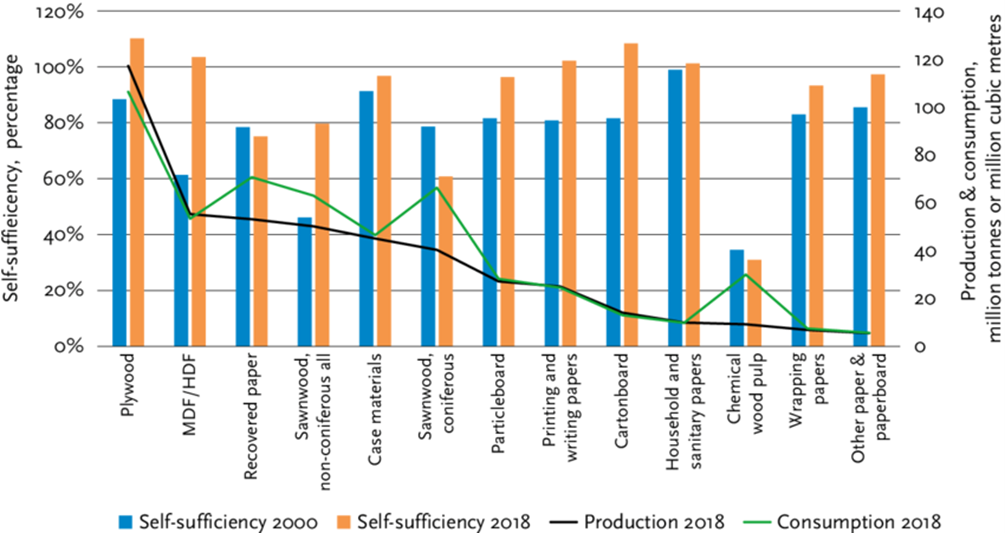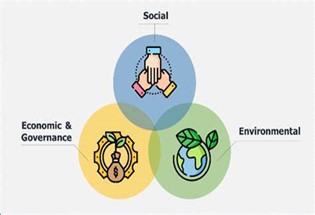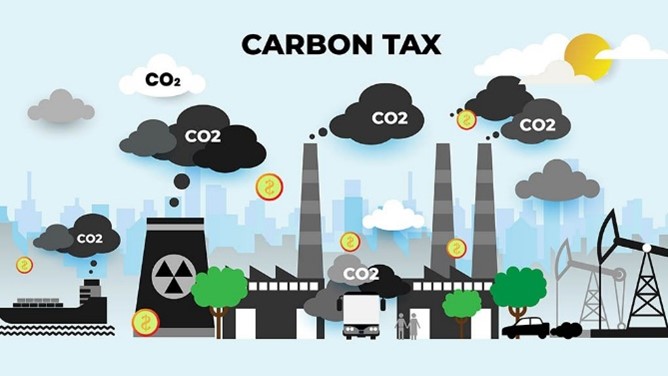The impact of resource nationalism on global business investments in renewables

The impact of resource nationalism on global business investments in renewables
by vivienne 06:07pm Jan 02, 2025

Resource nationalism refers to a policy in which a country asserts control over its natural resources, often by prioritizing domestic control, ownership, and profits over foreign investments. This approach can significantly impact global business investments, especially in renewable energy sectors. While resource nationalism has traditionally been associated with fossil fuels and minerals (such as oil, gas, and metals), it is increasingly relevant to renewable energy due to the growing demand for critical minerals like lithium, cobalt, and rare earth elements, which are vital for clean energy technologies like electric vehicles (EVs), solar panels, and wind turbines.
The impact of resource nationalism on global business investments in renewables can be complex, influencing both opportunities and challenges for investors and companies. Below are key ways resource nationalism affects renewable energy investments:
1. Increased Costs and Market Access Barriers
Restricted Access to Critical Resources: Many renewable energy technologies, such as electric batteries and solar panels, depend on critical minerals like lithium, cobalt, and rare earth elements. If a country with abundant resources enacts resource nationalism policies (e.g., through export restrictions or requiring foreign companies to partner with domestic firms), it can limit the availability of these materials for global markets. This can increase raw material costs for renewable energy producers, making renewable energy systems more expensive to manufacture.
· For example, countries like Chile and the Democratic Republic of the Congo (DRC), which control significant global supplies of lithium and cobalt, may impose export bans or nationalize the extraction of these minerals, raising costs for global companies reliant on these materials.
Higher Operational Costs: Resource nationalism policies may require foreign investors to pay higher taxes or royalties for the right to extract or use domestic resources. For renewable energy companies, this can result in higher costs for the raw materials necessary to build renewable infrastructure, reducing the profitability and attractiveness of investments.
2. Impacts on Foreign Direct Investment (FDI)
Deterrence of Foreign Investment: Countries that pursue aggressive resource nationalism, particularly in regions rich in critical minerals, may discourage foreign companies from investing in renewable energy projects. The uncertainty surrounding resource ownership and the potential for government intervention can make it difficult for international businesses to assess the risks involved in long-term investments.
· For instance, countries like Argentina, which has significant lithium reserves, have seen rising resource nationalism policies, including tighter control over foreign investment in lithium extraction. This can deter large foreign companies that might have previously viewed such resources as a strategic opportunity for developing renewable energy products.
Increased Political and Operational Risk: As governments exert more control over natural resources, businesses may face additional political and operational risks, such as the possibility of nationalization, abrupt policy changes, or the introduction of new taxes. This uncertainty may result in businesses opting to invest in other regions where resource access and legal frameworks are more stable.
· For example, a foreign company considering building a solar panel manufacturing facility that relies on rare earth metals might reconsider its investment in a country with policies that could suddenly change the rules for extracting or exporting these materials.
3. Shift Towards Domestic Production and Self-Sufficiency
National Supply Chains for Renewables: Resource nationalism can encourage countries to focus on developing their own supply chains for renewable energy technologies. For instance, nations rich in renewable energy resources (e.g., rare earth metals or solar panel manufacturing capabilities) may prioritize building domestic industries to process these resources and produce renewable energy infrastructure internally. This could lead to the repatriation of manufacturing and investment within the country, reducing reliance on foreign suppliers.
· A shift toward domestic production may result in a competitive advantage for local firms, as governments may favor domestic companies for renewable energy projects through subsidies, tax incentives, and preferential treatment in procurement contracts.
-
Incentivizing Local Investments: Governments pursuing resource nationalism often offer incentives to local firms to build renewable energy infrastructure. These incentives can include direct subsidies, tax breaks, and grants for clean energy projects. While these policies may stimulate domestic renewable energy markets, they may also limit opportunities for foreign investors.

4. Supply Chain Disruptions and Strategic Geopolitical Tensions
Geopolitical Risks: Resource nationalism can exacerbate geopolitical tensions, especially when countries controlling key renewable energy resources engage in disputes over ownership and control. This can lead to trade disruptions and geopolitical risks that affect the stability of global renewable energy supply chains.
· For instance, China has significant control over the supply of rare earth minerals, crucial for the production of renewable energy technologies. If China were to implement resource nationalism policies, such as restricting exports or reducing access to these minerals, it could have a disruptive effect on renewable energy manufacturers in other countries, potentially causing price volatility and delays in production.
Diversification of Supply Sources: To mitigate risks associated with resource nationalism, global businesses may seek to diversify their supply chains and reduce dependence on a single country or region for critical resources. This diversification can increase costs but may be necessary to ensure long-term supply stability. It may also lead to greater competition for resources, especially in the context of rapidly growing demand for renewables.
5. Opportunities for Collaboration and Strategic Partnerships
Joint Ventures and Local Partnerships: One way for international businesses to navigate resource nationalism is by forming joint ventures (JVs) with local firms. Governments may be more amenable to foreign investment if the foreign entity partners with a domestic company, shares knowledge, and invests in local development.
· This approach can mitigate the risks associated with resource nationalism, while also allowing businesses to access valuable local resources. In return, governments may offer favorable terms, such as tax incentives or license grants, to attract foreign partners in renewable energy ventures.
Public-Private Partnerships: Governments with nationalist policies might also encourage public-private partnerships (PPPs), where both the state and private companies share the risks and rewards of developing renewable energy projects. These collaborations can lower the entry barriers for foreign companies, help improve technology transfer, and ensure the sustainability of the projects.

6. Policy Alignment with Sustainability Goals
Promoting Renewable Energy Sovereignty: Resource nationalism can sometimes align with national sustainability goals, as governments may prioritize renewable energy independence by harnessing domestic resources for local energy needs. For example, if a country possesses abundant solar energy potential or critical minerals for renewable technologies, a national strategy for energy sovereignty can lead to the development of large-scale solar farms, wind turbines, or battery manufacturing.
· In this context, resource nationalism may promote the growth of the local renewable energy sector, driving up demand for domestic and foreign investments in clean energy projects.
-
Exporting Clean Energy Technologies: Some resource-rich nations may also focus on exporting renewable energy technologies, such as solar panels or wind turbines, which could benefit both the local economy and global sustainability goals. For instance, countries like China have heavily invested in the production of solar panels and are now significant exporters of renewable technologies, leading to global market expansion.

Conclusion
Resource nationalism has a complex and dual effect on global business investments in renewable energy. On the one hand, it can create significant barriers to the flow of critical materials, raise costs, and increase geopolitical and operational risks for companies. On the other hand, it can also drive innovation and investment in domestic renewable energy sectors, promote energy independence, and encourage strategic partnerships. The overall impact depends on how governments balance control over resources with the need to encourage international cooperation and investment in sustainable energy solutions.
For businesses, navigating resource nationalism requires careful consideration of political risks, diversified supply chains, and the ability to adapt to evolving regulatory environments. However, by embracing local partnerships and aligning with national energy and sustainability goals, companies can find new opportunities to invest in renewables while managing the challenges posed by resource nationalism.






